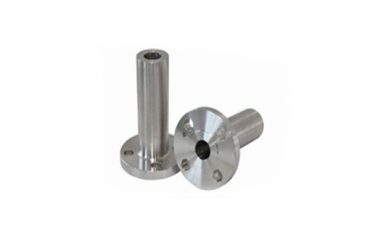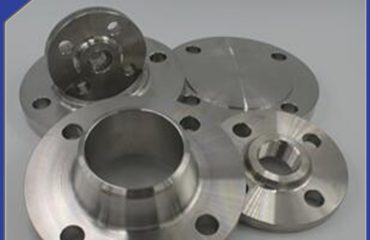
Quality assurance is a critical aspect of alloy steel flange production as it ensures that the finished products meet the required standards of performance, safety, and reliability. Flanges are essential components used in piping systems to connect pipes, valves, and other equipment. They are subject to high temperatures, pressures, and corrosive environments, making them crucial for the proper functioning of industrial processes.
The quality of alloy steel flanges is crucial for maintaining the integrity of piping systems and preventing leaks, failures, and accidents. Poor quality flanges can lead to serious consequences, such as material loss, environmental damage, and even injuries or fatalities. Therefore, it is essential to implement quality assurance measures throughout the production process to guarantee the reliability and performance of alloy steel flanges.
One of the key aspects of quality assurance in alloy steel flange production is the selection of high-quality raw materials. Alloy steel is a complex material that requires precise composition and processing to achieve the desired mechanical properties and performance characteristics. Using inferior or substandard materials can result in flanges that are prone to cracking, corrosion, or premature failure. Therefore, manufacturers must source materials from reputable suppliers and conduct thorough quality inspections to ensure the consistency and quality of the raw materials.
In addition to selecting quality raw materials, manufacturers must also adhere to stringent production processes and quality control procedures to ensure the integrity of alloy steel flanges. This includes proper forging, machining, heat treatment, and surface finishing techniques to achieve the required dimensions, mechanical properties, and surface quality. Each step of the production process must be closely monitored and controlled to prevent defects, deviations, and inconsistencies that can compromise the performance of the flanges.
 Language
Language Espanol
Espanol English
English Italian
Italian عربى
عربى
 Skype: chinamaker99
Skype: chinamaker99  Tel: 86-316-5120812
Tel: 86-316-5120812  Email:
Email:  Whatsapp:
Whatsapp: 

